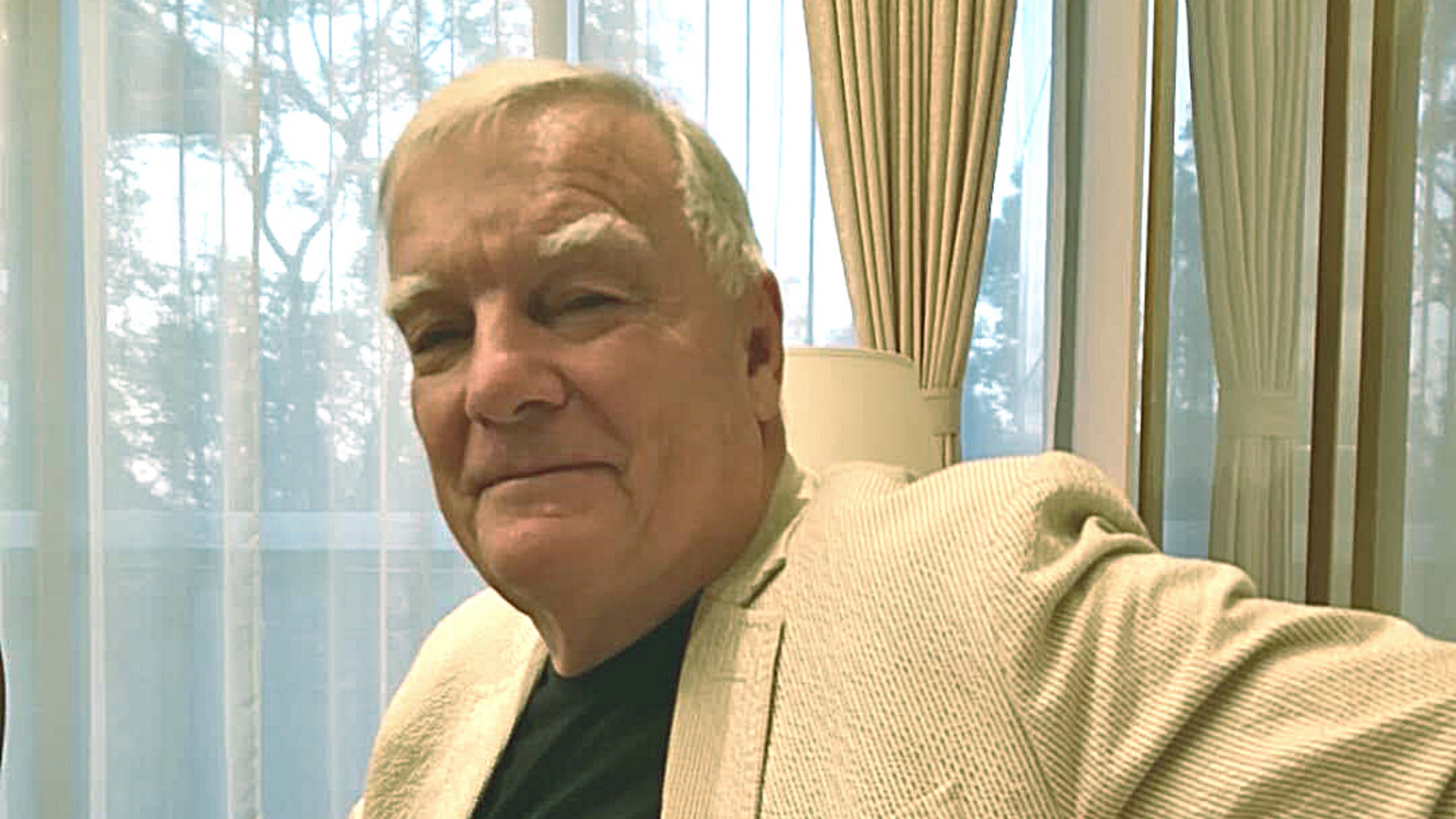
Dr Smith’s Master in Botany, with a thesis on plant physiology, at Te Herenga Waka—Victoria University of Wellington saw him take up a research scientist role at the Ruakura Research Centre in Hamilton. He went on to complete a PhD in plant physiology and was later awarded a Doctor of Science from the University of Waikato for his work and publications on kiwifruit vines.
Dr Smith remembers working with the University's Warren Johnston on his Master’s, and says: “I fondly recall the lunchtime forums that gave budding orators the opportunity to hone their debating skills.” He credits the University with helping him become an independent thinker.
He resigned from his final role in New Zealand, as general manager of HortResearch, to prove to himself he could commercialise a science discovery. “The extensive travel I undertook as a research scientist created a network of contacts in Mongolia, Indonesia, and China, and on one of my trips to China I came across a small fruit belonging to the cucumber family—Luo Han Guo.
“Within the fruit of this plant is a calorie-free compound [a triterpene] up to 300 times sweeter than cane sugar. I immediately saw the potential of commercialising this opportunity and I set about, with one of my Chinese colleagues, to develop a small cottage industry into an international business, BioVittoria—doing everything from raising capital to obtaining regulatory approval in the United States.”
The company continues to operate, and the fruit, marketed as Fruit-Sweetness™, is ubiquitous in the low-sugar food industry—appearing in yoghurt, fruit juice, and Starbucks coffee, among other products.
On leaving BioVittoria, Dr Smith set about founding Febris Ltd and co-founding MicroGEM LLC, both based in the United Kingdom. “What I enjoy most about setting up these biotech companies is the convergence of scientific discovery and commercial reality,” he says.
Febris Ltd is focused on a discovery of two compounds that can treat drug-resistant malaria.
“Working with one of my colleagues, a top Chinese scientist based in Shanghai, we were able to show two compounds highly active in treating drug-resistant malaria, which is becoming a serious problem in parts of Asia,” says Dr Smith.
“Trying to commercialise them is proving difficult, though, as they are used to solve heath issues in some of the poorest countries of the world. As such, big pharma has no interest in developing or marketing these drugs, as there is no profit to be made from them.”
MicroGEM LLC has been markedly more successful. Founded five years ago, it has branches in New Zealand, the US, the UK, and Guilin. It is based on a University of Waikato discovery of an enzyme in an extremophile bacterium that enables RNA/DNA to be extracted quickly from any biological material—including viruses in saliva.
“Using this enzyme, MicroGEM scientists have developed a portable commercial device that enables the COVID-19 virus to be detected in less than 15 minutes from a sample of saliva,” says Dr Smith. The device attracted a large amount of investment capital and is now being developed for markets across the world.
Dr Smith says to do business in China maintaining relationships is critical. “Without forming strong relationships with multiple groups, it can be near-impossible for a foreigner.”
His international success has resulted in receiving the Friendship Award in 2005 and more recently a rare-for-foreigners Chinese Green Card, giving him all the benefits of Chinese citizenship without having to give up his New Zealand citizenship.
Dr Smith’s advice to fellow alumni: “Believe in the ideas you have and persist even if you meet failures on your journey, as this is a great way to learn. And look for emerging trends, because that is where the opportunities lie.”
